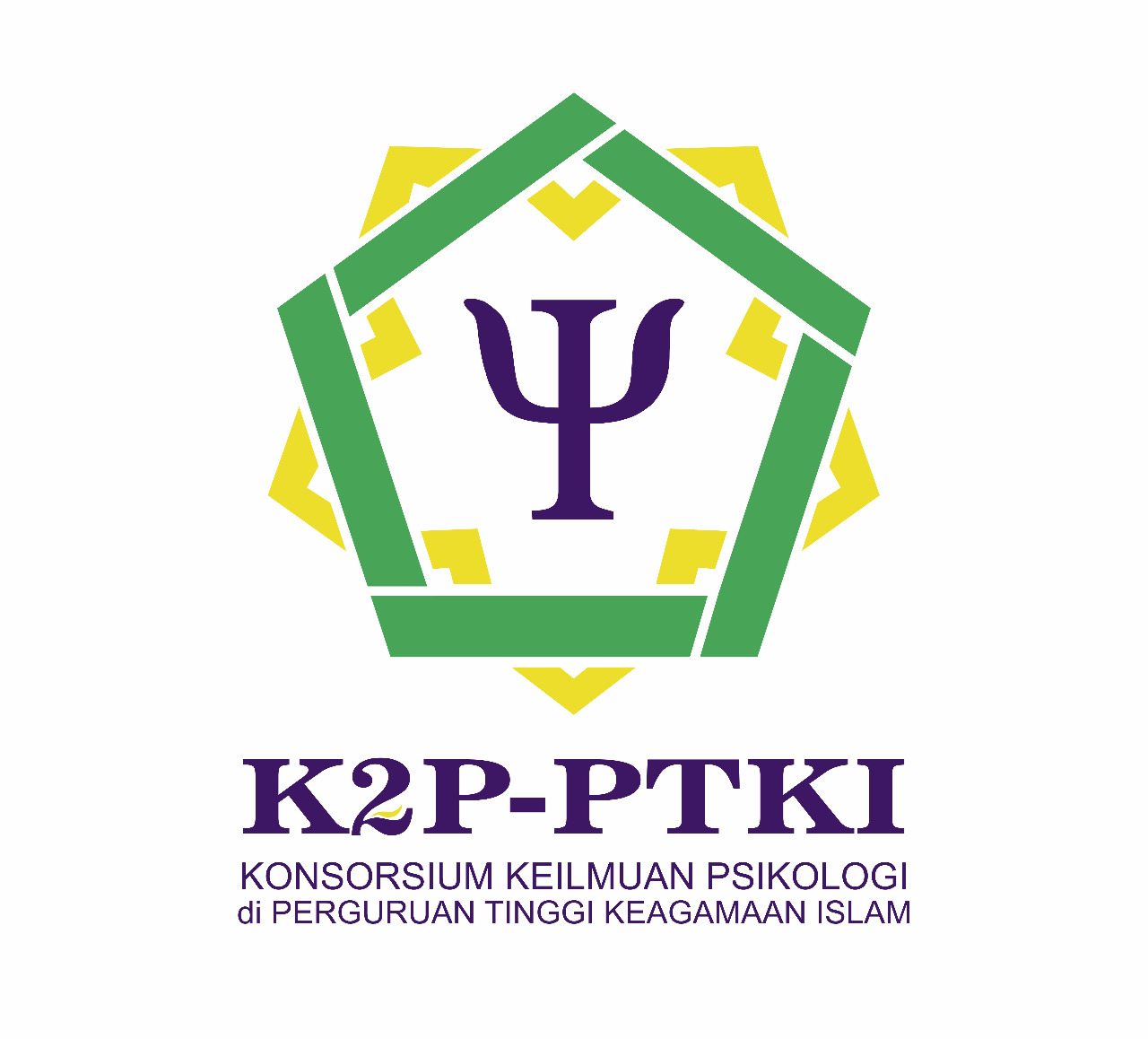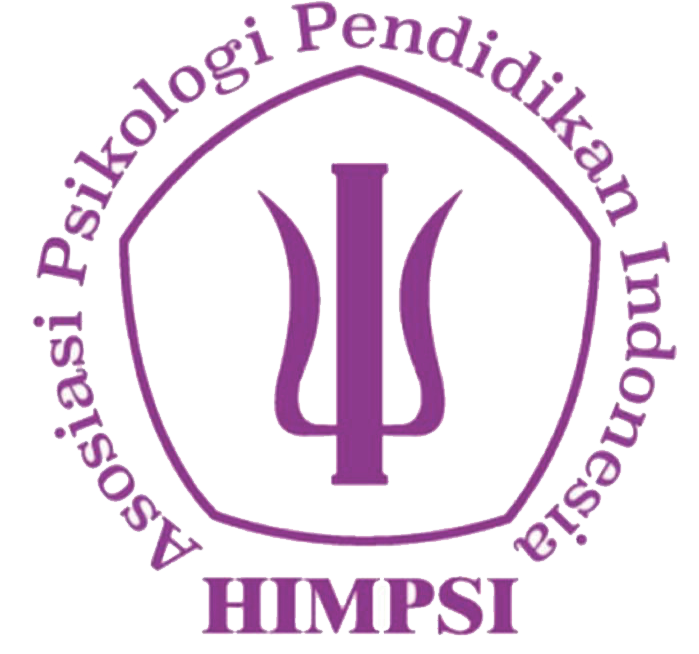The Dynamics of Mental Health of the Population of Saudi Arabia during the Covid-19 Pandemic/ Dinamika Kesehatan Mental Penduduk Arab Saudi selama Pandemi Covid-19
Abstract
This study aims to describe the mental health conditions of Saudi Arabian during the Covid-19 pandemic and to analyze the factors that influence it. A qualitative methods through observation, interviews, and collection of qualitative documents were used in this study. The analysis group was divided into three; medical staff, patients and their families, and the general community. The result showed that no serious mass mental problems were found in Saudi Arabia. This was influenced by several factors, including the availability of free psychological counseling services, internalized religious values, and strategic policies adopted by the government.
Copyright © 2020. Psikoislamika: Jurnal Psikologi dan Psikologi Islam
Keywords
Full Text:
PDF (Bahasa Indonesia)References
Abu-Ras, W., Gheith, A., & Cournos, F. (2008). The imam's role in mental health promotion: A study at 22 mosques in New York City's Muslim community. Journal of Muslim Mental Health, 3(2), 155-176. http://dx.doi.org/10.1080/15564900802487576.
Ali, O. M. (2016). The imam and mental health of muslims: Learning from research with other clergy. Journal of Muslim Mental Health, 10(1), 65-73.
Au, A., Chan, I., Li, P., Chan, J., Chan, Y. H., & Ng, F. (2004). Correlates of psychological distress in discharged patients recovering from acute respiratory syndrome in Hong Kong. The International Journal of Psychosocial Rehabilitation, 8, 41–51.
Azim, S. S., Dey, D., Aich, A., & Roy, A. (2020). Fake news in the time of environmental disaster: Preparing framework for COVID-19. SocArXiv. https://doi.org/10.31235/osf.io/wdr5v.
Corrigan, P. W., & Bink, A. B. (2016). The Stigma of Mental Illness. Chicago: Elsevier.
Creswell, J. W. (2009). Research Design Qualitative, Quantitative, and Mixed Methods Approaches (3rd ed.). California: Sage Publications.
Farre, Fasani & Mueller (2018). "Feeling Useless: The Effect of Unemployment on Mental Health in the Great Recession," Working Papers 774, Queen Mary University of London, School of Economics and Finance.
Frankl, V. E. (1985). Man’s Search for Meaning. Boston: Pocket Books.
General Presidency for Scholarly Research and Fatwa (2020) https://twitter.com/aliftasa.
Hackney, C. H., & Sanders, G. S. (2003). Religiosity and mental health: A meta-analysis of recent studies. Journal for the Scientific Study of Religion, 42(1), 43–55.
Johns Hopkins University. COVID-19 Dashboard by the Center for Systems Science and Engineering (CSSE). https://coronavirus.jhu.edu/map.html (diakses pada 4 Mei 2020).
Kang, L., Li, Y., Hu, S., Chen, M., Yang, C., Yang, B. X., Wang, Y., Hu, J., Lai, J., Ma, X., Chen, J., Guan, L., Wang, G., Ma, H., & Liu, Z. (2020). The mental health of medical workers in Wuhan, China dealing with the 2019 novel coronavirus. Lancet Psychiatry. Published Online February 5. https://doi.org/10.1016/S2215-0366(20)30047-X.
Kumparan. (2020, Maret 2). Polisi Pasang Police Line di Rumah Warga Depok yang Positif Corona. https://kumparan.com/kumparannews/polisi-pasang-police-line-di-rumah-warga-depok-yang-positif-corona-1swnSztIMqm
Lin, C-Y. (2020). Social reaction toward the 2019 novel coronavirus (COVID-19). Social Health and Behavior, 3(1), 1-2.
Livheim, F., Hayes, L., Ghaderi, A., Magnusdottir, T., Hogfeldt, A., Rowse, J., Turner, S., Hayes, S. C., & Tengstrom, A. (2015). The effectiveness of acceptance and commitment therapy for adolescent mental health: Swedish and Australian pilot outcomes. Journal of Child and Family Studies, 24(3), 1016-1030.
Nicomedes, C. J. C., & Avila, R. M. A. (2020). An Analysis on the panic of Filipinos during COVID-19 pandemic in the Philippines.
Pajevic, I., Sinanovic, O., & Hasanovic, M. (2005). Religiosity and mental health. Psychiatria Danubina, 17(1–2), 84–89.
Person, B., Sy, F., Holton, K., Govert, B., Liang, A., & National Center for Inectious Diseases/SARS Community Outreach Team (2004). Fear and stigma: the epidemic within the SARS outbreak. Emerging infectious diseases, 10(2), 358–363. https://doi.org/10.3201/eid1002.030750
Saudi Press Agency. (2020, April 3). Royal Order Approves Exceptions for Unemployment Insurance (SANED) to Mitigate COVID-19 Effects, on Saudis, Working in the Private Sector. https://www.spa.gov.sa/viewfullstory.php?lang=en&newsid=2069887 (diakses tanggal 6 Mei 2020).
Thakur, V., & Jain, A. (2020). COVID 2019-suicides: A global psychological pandemic. Brain, behavior, and immunity, S0889-1591(20)30643-7. Advance online publication. https://doi.org/10.1016/j.bbi.2020.04.062.
Thompson, R. W., Arnkoff, D. B., & Glass, C. R. (2011). Conceptualizing mindfulness and acceptance as components of psychological resilience to trauma. Trauma, Violence, & Abuse, 12(4), 220–235. https://doi.org/10.1177/1524838011416375.
World Health Organization. (2018). Mental Health: Strengthening Our Response. https://www.who.int/news-room/fact-sheets/detail/mental-health-strengthening-our-response (diakses tanggal 3 Mei 2020).
Wu, K. K., Chan, K.S., & Ma, M. T. (2005). Posttraumatic stress, anxiety, and depression in survivors of severe acute respiratory syndrome (SARS). J Trauma Stress, 18, 39–42.
Xiang, Y. T., Yang, Y., Li, W., Zhang, L., Zhang, Q., Cheung, T., & Ng, C. H. (2020). Timely mental health care for the 2019 novel coronavirus outbreak is urgently needed. Lancet Psychiatry. Published online Feb 4. https://doi.org/10.1016/S2215-0366(20)30046-8.
Zhang, J., Wu, W., Zhao, X., Zhang, W., 2020. Recommended psychological crisis intervention response to the 2019 novel coronavirus pneumonia outbreak in China: a model of West China Hospital. Precision Clinical Medicine, 3(1), (3–8).
Zhou, X., Snoswell, C, L., Harding, L. E., Bambling, M., Edirippulige, S., Bai, X., & Smith, A. C. (2020). The role of telehealth in reducing the mental health burden from COVID-19. Telemedicine and e-Health, 26(4), 377-379. http://doi.org/10.1089/tmj.2020.0068.
DOI: https://doi.org/10.18860/psi.v17i1.9337

This work is licensed under a Creative Commons Attribution-NonCommercial-ShareAlike 4.0 International License.
Indexing By:
------------------------------------------------------------------------------------------

PSIKOISLAMIKA: Jurnal Psikologi dan Psikologi Islam by http://ejournal.uin-malang.ac.id/index.php/psiko is licensed under a Creative Commons Attribution-NonCommercial-ShareAlike 4.0 International License.


.jpg)











_(2)1.png)